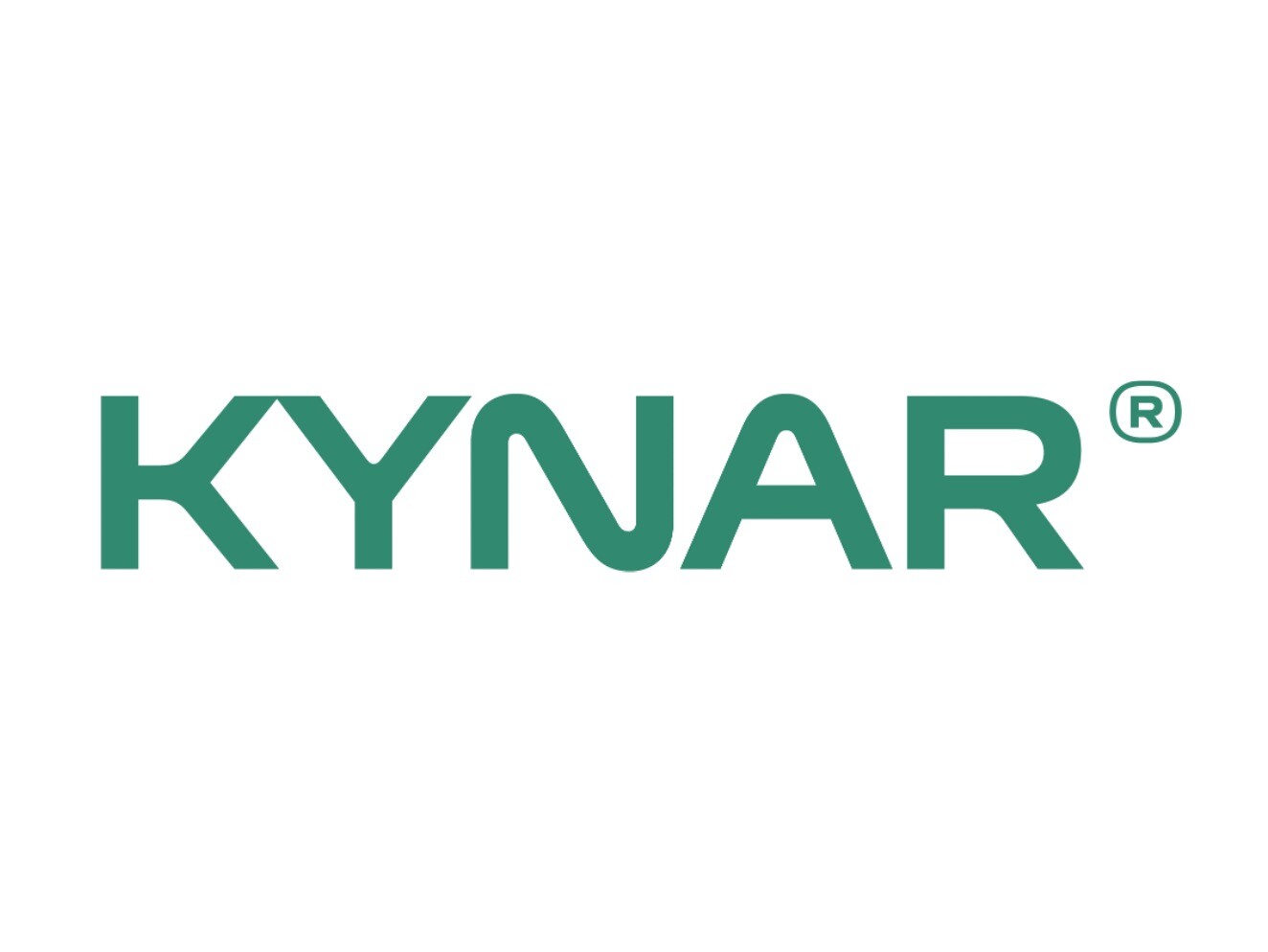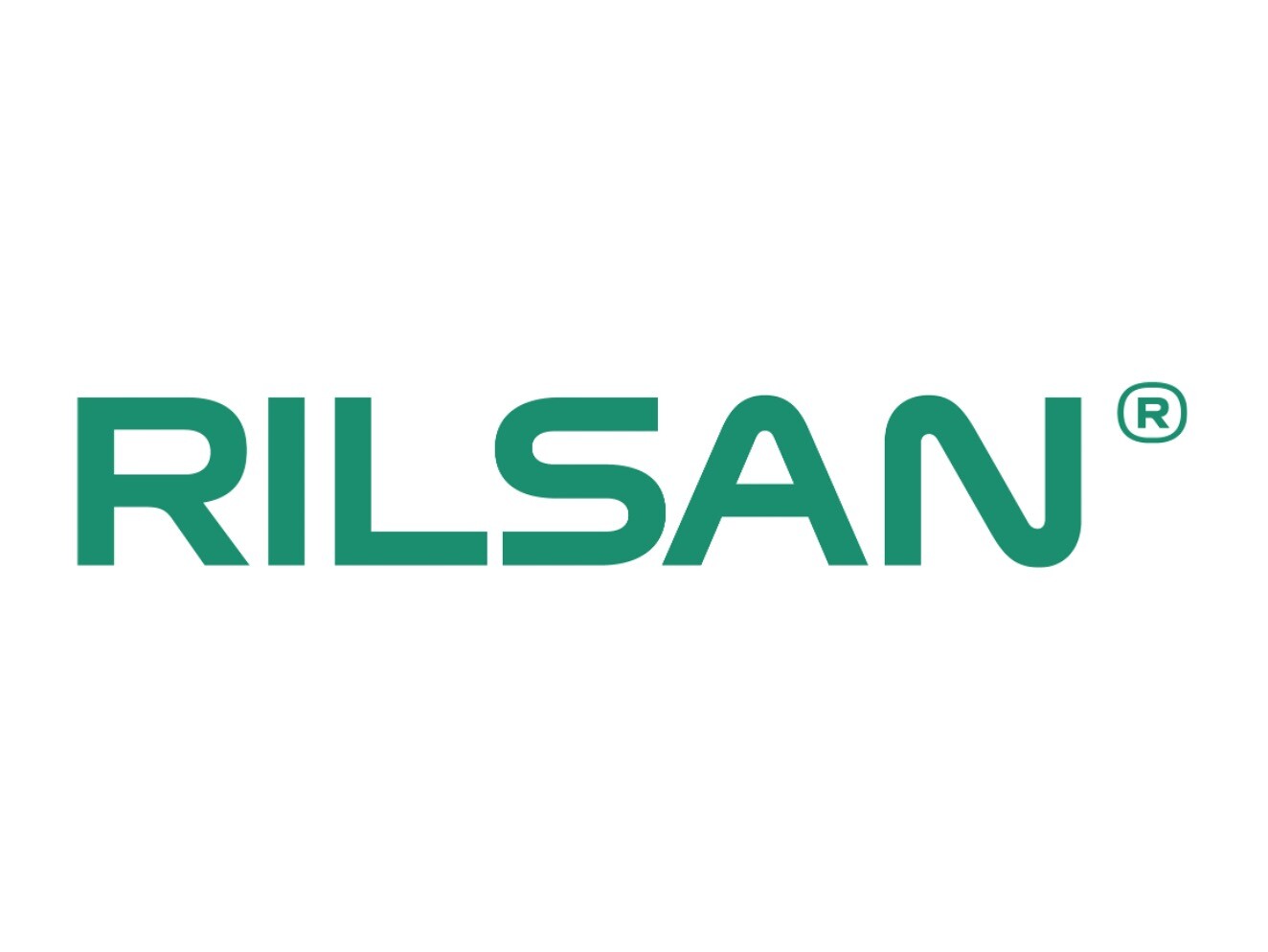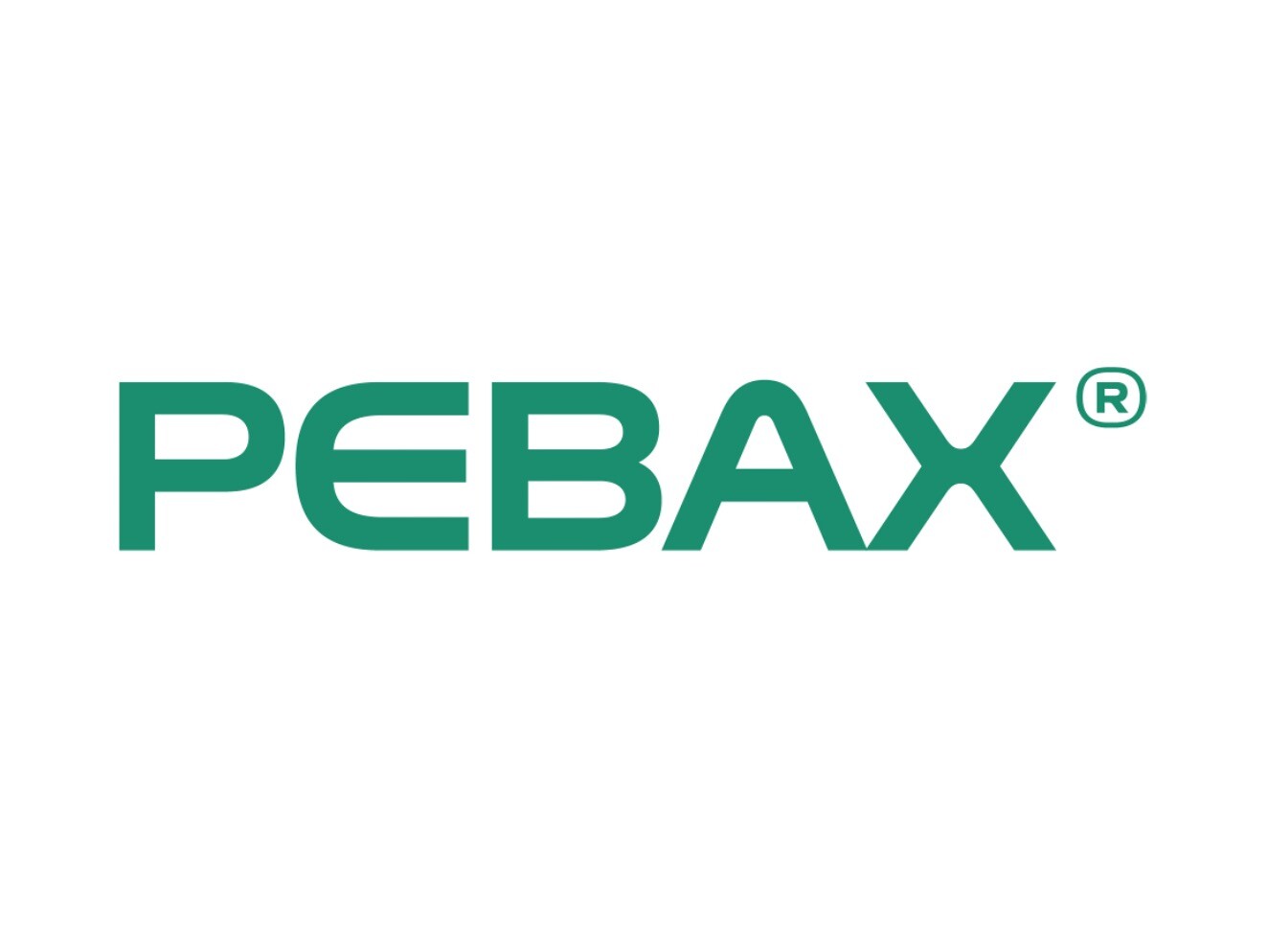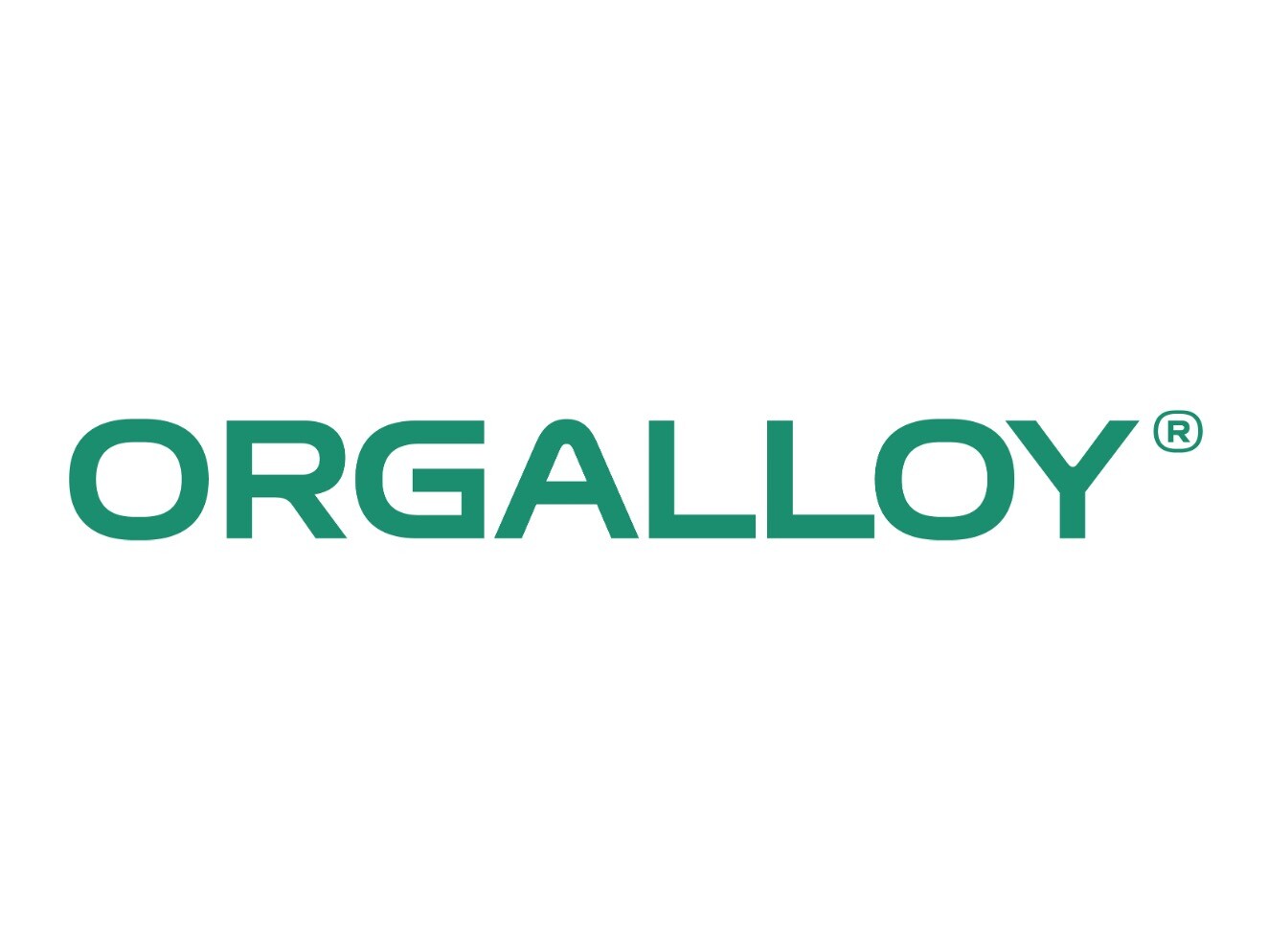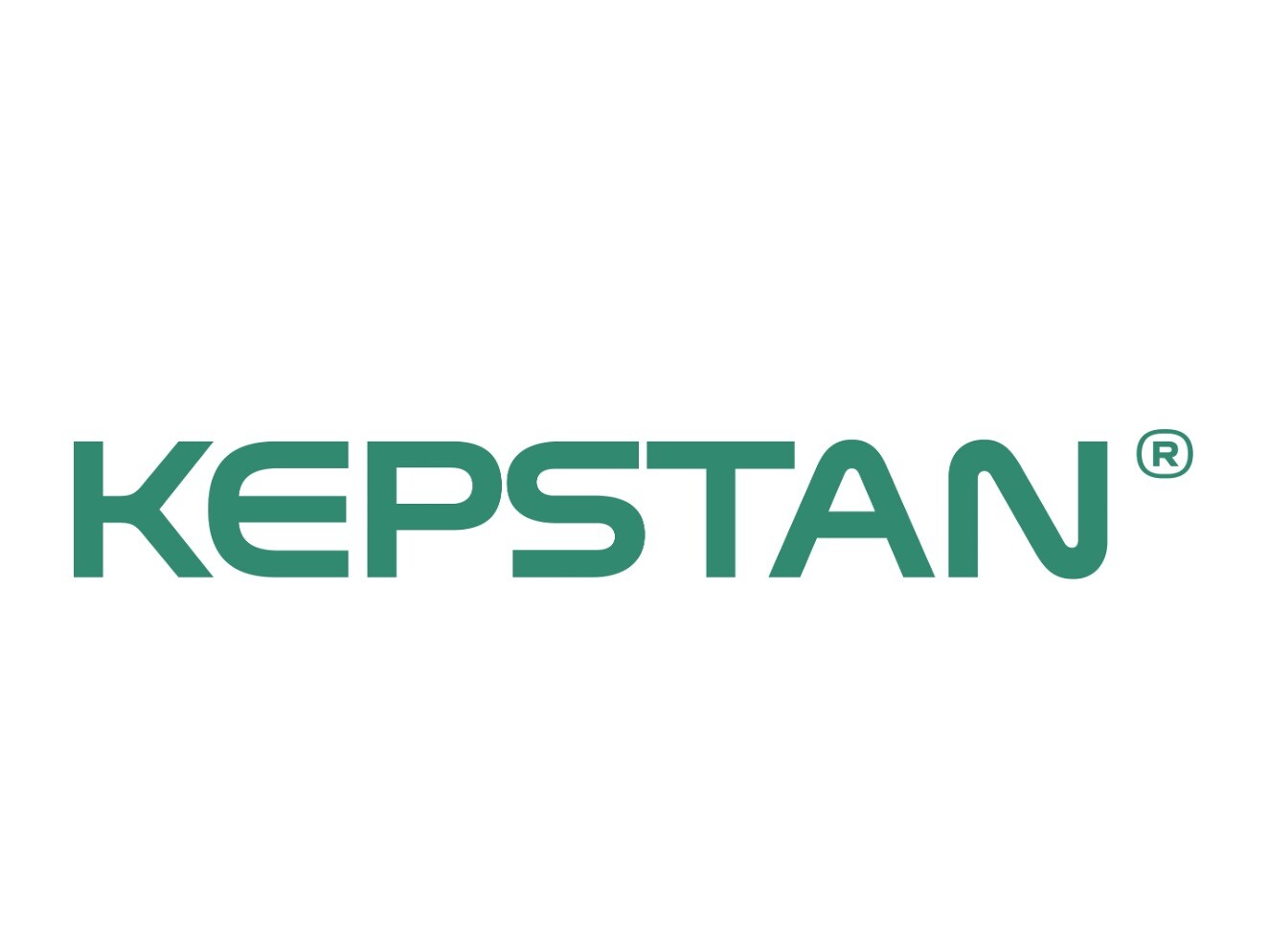Wire & Cable Material Solutions
Key Wire and Cable Applications
- Data/LAN/Telecommunication cable
- Plenum cables and conduit
- Fiber cable jackets
- Fiber cable microducts
- Buffer, furcation tubes
- Indoor/Outdoor cable
- NYC local law 5 compliant cables (150°C rated)
- Heating cables
- Military/Defense cable
- Cable connectors
- Power limited cables
- Automotive cables
- Mining cables
- Cathodic protection cables
- Cable ties
- Heat shrinkable tubing
Key Characteristics of Various Grades
- Produces very little smoke and self-extinguishing when exposed to fire conditions
- Extremely low shrinkage
- Wide range of flexural modulus: 36 to 250 Kpsi
- Unaffected by UV or nuclear radiation
- UL listed grades
- Processed on conventional extruders or molding machines
- Higher melt point than many other polymers used in wire and cable applications
- 150°C RTI Rating
- Excellent cut-through resistance
- Low cold flow
- High abrasion resistance
- Anti-rodent and anti-termite protection
- Efficient crosslinking capabilities
- Excellent resistance to most chemicals

PVDF and PVDF copolymers
Kynar® PVDF: A broad range of properties useful in a variety of markets
Kynar® and Kynar Flex® fluoropolymer resins offer a wide range of extreme properties to suit the most demanding needs of the wire & cable industry.
Kynar® resins retain excellent physical properties in adverse chemical and thermal environments allowing them to be used when more flexibility and toughness are required. The chemical resistance of Kynar® and Kynar Flex® PVDF resins allows for use in corrosive chemical, acid and extreme temperature environments. Kynar® resins also provide exceptional abrasion resistance, excellent UV resistance, inherent flame resistance, and low smoke generation.
Arkema Inc. offers a wide range of resin grades for various wire and cable applications. These resins come in pellets or powder for ease of compounding depending on your equipment. For information on your specific requirements, choose one of the tabs below.
Kynar® PVDF Flame, Smoke and Heat Resistance
The excellent flame, smoke, and heat resistance properties of Kynar® PVDF are naturally achieved through its chemical structures, requiring no additives. Virgin Kynar® resin does not easily burn and will self-extinguish when the flame source is removed making it ideal for building plenum applications. Its high mechanical strength, abrasion resistance, and cut-through resistance allow Kynar® PVDF to maintain the integrity of the cable insulation and to withstand the abuses during the installation of plenum cable. In addition to fire performance, many grades of Kynar® PVDF are rated at 150°C RTI and are NYC Local Law 5 Compliant.
The inherent fire performance of Kynar® PVDF can be further improved by modifying the polymer. These constructions generate almost no smoke and no flame spread when tested to UL 910/NFPA 262, UL 2024 and NFPA 255 methods.
Other Kynar® PVDF Properties Valued in the Wire & Cable Industry Chemical Resistance
- Flexibility
- 150°C Rating
- Easy processing
- Foaming ability
- Crosslinking ability
- Injection molding ability
Produced in the Americas, Asia and Europe, Kynar® PVDF will be available when having a responsive supply chain counts.
Kynar® and Kynar Flex® Grades for Wire and Cable Applications
| Kynar® 450 Kynar® 460 (Datasheet US/SI) |
Easiest processing material for extrusion crosslinking. 150°C rating. Kynar® 460 can be used as an additive to Kynar Flex® 3120 to aid processing. Kynar® 450 is high molecular weight. |
| Kynar Flex® 2750 - 01 (Datasheet US/SI) | Very flexible, high molecular weight for crosslinking applications. 125°C rated. |
| Kynar Flex® 2850 - 00 (Datasheet US/SI) Kynar Flex® 2850 - 02 Kynar Flex® 2850 - 07 (Datasheet US/SI) |
Mildly stiff with 150°C rating. - 00 is high molecular weight. - 02 is medium molecular weight for thinner wall processing with smoke suppressant. - 07 is medium molecular weight natural material suitable for extrusion or injection molding. |
| Kynar Flex® 2950 - 05 (Datasheet US/SI) | Very flexible and easy to process on wire & cable. Very flame and smoke resistant. Low shrinkage over fiber optic cable. 125°C rated. |
| Kynar Flex® 2800 - 00 (Datasheet US/SI) | 125°C rated. High molecular weight for crosslinking. |
| Kynar Flex® 2800 - 20 (Datasheet US/SI) | Higher melt flow rate for increased production rate and smoothness vs. Kynar Flex® 2800 - 00. Suitable for injection molding. |
| Kynar Flex® 2900 - 04 (Datasheet US/SI) | Good flame and smoke properties. Used mostly for plenum conduits (raceway) to protect fiber optics. 125°C rated. |
| Kynar Flex® 3120 - 50 (Datasheet US/SI) Kynar Flex® 3120 - 10 (Datasheet US/SI) Kynar Flex® 3120 - 15 (Datasheet US/SI) |
150°C rated with the same flexibility as Kynar Flex® 2800/2900 with additional benefit of low temperature impact resistance. -10 is low viscosity and -15 is smoke suppressed. Good for crosslinking. For injection molding recommend Kynar Flex® 3120 -10. |
| One of the most common grades used for fiber optic cable, Kynar Flex® 3030 provides high flexibility (Flexural Modulus of 36 - 42 psi), a high melting point (162°C), with exceptional low temperature impact performance (2800 - 3600 psi tensile stress @ break). Kynar Flex® 3030 is also ideal for indoor/outdoor and plenum applications with Arkema FR Technology included. | |
| Kynar SuperFlex® 2500 - 20 (Datasheet US/SI) Kynar SuperFlex® 2500 - 25 |
Lower melt point and very flexible. - 20 clear. - 25 designed for plenum cable use and is opaque off-white. |
| Kynar® 340 (Datasheet US/SI) Kynar® 3312C (Datasheet US/SI) |
Conductive grade using carbon additives (black). Stiff. Conductive grade using carbon Additives (black). Somewhat flexible and high melt flow rate. |
| Kynar Ultraflex B® | Most flexible. Kink resistant. Lower melting point and blendable with other resins. |
| Kynar® 2620 FC | Foaming concentrate used for all grades to lower weight, lower cost, increase flexibility, and improve strippability. Can generally be used without equipment modification. |
For a full list of Kynar® PVDF grades and applications download the Wire & Cable Applications brochure below or visit the TPA Materials Database.
Key Applications
- Data Communication
- Plenum Cables
- Military/Defense
- Cable Connectors
- NYC Local Law 5 Compliant Cables (150°C rated)
- Power Limited Cables
- Automotive
- Mining Cables
- Cathodic Protection Cables
- Plastic Optical Fibers
- Fiber Optic Raceways
- Heat Shrinkable Tubing
Key Characteristics of Various Grades
- Produces very little smoke and self extinguishing when exposed to fire conditions
- Excellent resistance to most chemicals
- Excellent cut-through resistance
- Low cold flow
- High abrasion resistance
- Anti-rodent and anti-termite protection
- Higher melt point than many other polymers used in wire and cable applications
- 150°C RTI Rating
- Wide range of flexural modulus
Application Focus: Kynar® PVDF for Cathodic Protection Cables
- Critical to prevent corrosion and protect your investment
- Protect your important infrastructure assets such as storage tanks, steel pipelines, deep wells, oil tanks, steel piped, well casings and marine craft
- Kynar® PVDF is a proven solution that offers superior resistance to abrasion, cuts, and chemicals (including sulfuric acid, chlorine, and hydrochloric acid)
- Various grades available can be tailored to specific applications/conditions
- Complete UL® listings
- Readily available inventory
Download the Kynar® Chemical Resistance Chart
Learn mire about cathodic protection here:
Wire & Cable Technology International - Cathodic Protection Cables with PVDF
Application Focus: Heating Cables
Heating cables face exposure to chemicals, mechanical forces from installation, and a broad range of temperature fluctuation from -60°C to 150°C. Kynar® PVDF resins have excellent abrasion resistance and flexibility allowing for ease of installation, and Kynar® resins have the widest flexibility range of all the fluoropolymers allowing them to fit a variety of heating cable designs. Additionally, select Kynar® PVDF grades can operate continuously from -60°C up to 150°C. Kynar® PVDF is not degraded from concrete or other chemistries present during installation.
Application Focus: Industrial Cables
Industrial cables are subject to millions of flex cycles, elevated temperatures, factory oils and greases, abrasion, and stray welding sparks. Kynar® PVDF resins are ideal for industrial cable jackets because they have excellent flex fatigue resistance. The flexible nature of the Kynar® resin is inherent to the copolymer and it does not require any plasticizer which could leach out over time and compromise flex fatigue resistance. Kynar® PVDF has excellent flame and smoke performance, and plenum rated packages are available as well. Kynar® PVDF resists incidental contact with oils, hydrocarbons, and most solvents, and it is robust as an outer jacket so that it does not get abraded away if dragged upon the ground during or after installation.
Application Focus: Kynar® UHM for Connector Housings
For high performance cable connector designs requiring the mechanical strength of PEEK but with a lower temperature requirement, (up to 150°C) Kynar® UHM can be used which will significantly save on raw material costs. With a tensile modulus around 1,000,000 psi, Kynar® UHM is extremely rigid and dimensionally stable, ideal for tight tolerance molded parts. It maintains excellent chemical resistance, and burn performance.
Key information on Kynar® PVDF resins for the wire and Cable Industry
Produced from castor oil, Rilsan® PA11 is a high-performance polymer of 100% renewable origin.
Rilsan® PA11 contains exceptional properties valued in the Wire & Cable Industry:
- Short-circuit resistance
- Mold and fungus resistance
- Abrasion resistance
- Termite and rat resistance
- Chemical resistance
- Easy processing
- Very smooth surface finish
An industry standard for over 50 years, Rilsan® PA11 is a trusted product for Wire & Cable applications. With production in the Americas, Asia and Europe, Rilsan® PA11 will be available when and where you need it.
Phone cable sheathing eaten by termites
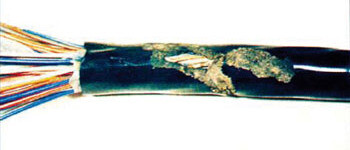
Cable sheathing protected by Rilsan® PA11
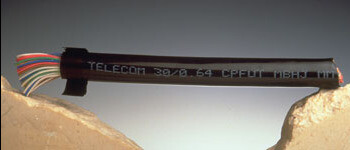
Useful information on Rilsan® PA11 Polyamides for the Wire and Cable Industry
Key Properties
- Flex fatigue resistance
- Lightweight
- Wide flexibility range
- High energy return
- Low temperature performance
- Chemical resistance
Key Markets
- Industrial
- Robotics
- Cold weather
- Chemical Exposure
Useful Information on Pebax® Elastomers in the Wire & Cable Industry
A polyamide based alloy with a dispersed polyolefin phase, Orgalloy® grades are easy to process at high productivity rates. Intrinsically, they present a good weather resistance, delaying the whitening and micro-cracking phenomena known to occur in polyamides.
Orgalloy® LE, LT, R, and RS grades have the following characteristics ideal for various Wire & Cable applications
- Low density - 1.04
- Thermal resistance
- Low moisture uptake: dimensional stability, constant properties
- High chemical resistance and barrier properties
- Crush resistance
- Easy processing, high productivity
- Compatible with other polymers
- Low cost
- Halogen free
Orgalloy® grades have properties ideal for the below applications:
Main Applications
- Outer jacket
- Inner Barrier Layer
- Insulator
- Connector housing
Off-shore cable outer sheathing:
- Replaces EVA / PVC with lead sheathing, allowing a gain in weight and in flexibility with only one layer
- Excellent resistance to both water & hydrocarbons
- Low friction coefficient
Profile & tape plastic protections:
- Good resistance to both water & hydrocarbons
- Low abrasion & friction
- Low creeping
Possible causes of connector failure and how to solve them with Orgalloy® resin
- Moisture absorption (loss of dimensional stability)
- Chemical degradation
- UV degradation
Solve PA6/PA66 dimensional stability problems by making the switch to Orgalloy® resin for use in cable connectors. Glass filled Orgalloy® grades maintain a higher tensile modulus than a PA6 or PA66 after all grades have been conditioned in atmospheric conditions. Orgalloy® grades also have better chemical resistance than traditional short chain polyamides, and they are resistant to UV radiation as well.
Orgalloy® resin grades for wire and cable applications
Orgalloy® EM 067 (Datasheet US/SI)
Orgalloy® LE 6000 (Datasheet US/SI)
For a full list of Orgalloy® Grades and Applications visit the TPA Materials Database below.
Useful information on Orgalloy® Polyamide alloys for use in the Wire & Cable Industry
Key Properties
- Ultra-high performance polymer series (PEKK) with tunable crystallization profiles
- Excellent chemical resistance
- Superior flame and smoke properties
- Outstanding electrical properties
- Glass and carbon filled grades for the best tensile and compressive strength
Kepstan® PEKK in wire and cable design
- Aerospace wire
- Military wire
- Magnet wire
- Primary insulation
- High temperature cable connector housing
Processing
- Extrusion
- Composite tape
PEKK vs. PEEK
- Wider product range / processing technologies
- Higher Tg & Tm
- Improved barrier properties
- Improved dry wear properties
- Better coefficient of friction control

